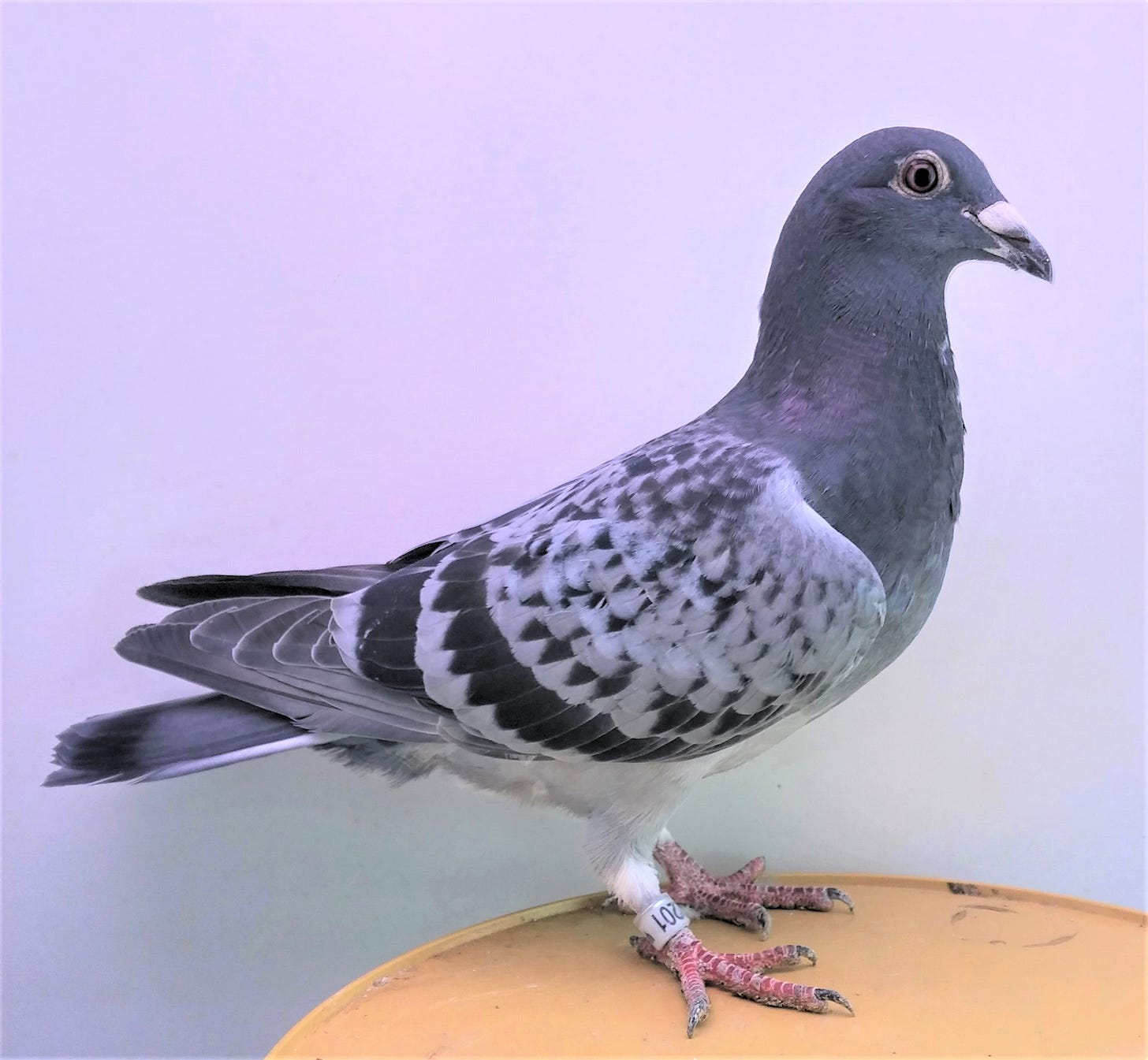GDoS Update #34
New material from 1 January to 31 March 2025
Spring has sprung. The penguins, hitherto blameless inhabitants of rocky islets known only for their depositories of guano and stink of fishy corpses, are learning the Felon’s economics, and since 1 April is not merely All Fools Day but the termination of the first three months of the year, it is time for a new update to GDoS. The 25th since the dictionary went online in October 2016.
A few stats, as usual. The database has gained a further 3,142 citations, which have added clarity and on occasion extra senses to 1,899 headwords. The dictionary itself has reached 57,451 headwords which nest 145,022 senses. There are 639,370 citations to underpin them all.
As ever I tip my hat to regular contributors the two Jims: Gibbons and Lambert. A fat file apiece. The former his usual tasty olla podrida of authors - old and new, from all corners of anglophonia - I would never have had to wit to read; from the latter a new Australian author, one Paul Radley and his novel: My Blue-checker Corker and Me (1982).1 Radley was also responsible for Jack Rivers and Me (1982)and Good Mates (1985) and I hope to obtain both and gut accordingly. In 1981, after winning the first ever Australian/Vogel Literary Award for the ms of Jack Rivers, Radley was named Young Australian of the Year. However in 1996 he revelaed that everything he had written had in fact been penned by his uncle Jack, who had been ineligible for the award, although he seems to have appeared in the acknowledgments of Corker in Radley’s debit ‘to the guidance of Canada Jack, a perennial old bastard.’ Slang’s type of guy, no doubt.
The work of the independent Australian scholar Dr Gary Simes (1950-2017) has already been sampled for GDoS. Aside from a variety of general publications, often on gay themes, his Dictionary of Australian Underworld Slang, featuring two hitherto little-known glossaries of criminal jargon, was published in 1993, and a major discussion of early gay speech, ‘Gay Slang Lexicography’, was featured in the specialist journal Dictionaries volume 26 (2005). When he died in 2017 he was at work on his magnum opus, the Dictionary of the Language of Sex and Sexuality in Modern English. Like the OED and my own lexicon of slang, it is prepared ‘on historical principles’, i.e. underpinning each headword and its senses with a chronological list of citations of usage.
It would, undoubtedly, have been a major contribution to lexicography in general and that of (gay) sexuality in particular. Nonetheless, even though the project could not be finished, and absent substantial funding will never be so,2 Dr Simes had typed up a manuscript from the many file cards which - he was no fan of computers - held his research. The ms is far from complete, but a substantial amount exists and much of the research, especially as regards slang, has never so far been included in a dictionary.
It is thus a text that deserves wider circulation. To that end, and thanks to the trustees of Dr Simes' estate and GDoS contributing editor James Lambert, who is responsible for safeguarding and overseeing the use of the physical materials, we have been allowed to see the ms, and to extract from it for GDoS use such slang-based material as seems valuable. This is a lengthy task and will doubtless consume many months work. Extracted text will appear under the tag Simes:DLSS and new tranches will become available as the regular 90-day updates continue.
Yes, me too. A corker I know, it means an excellent example and variations on that theme. As for the blue-checker, that refers to a variety of racing pigeon. The book, or at least its citable morsels, seems to reflect the sexual vocabulary of a bunch of potty-mouthed and -minded teenagers.
I intend to attempt an essay on the decline (collapse?) of reference publishing. Watch this space.

